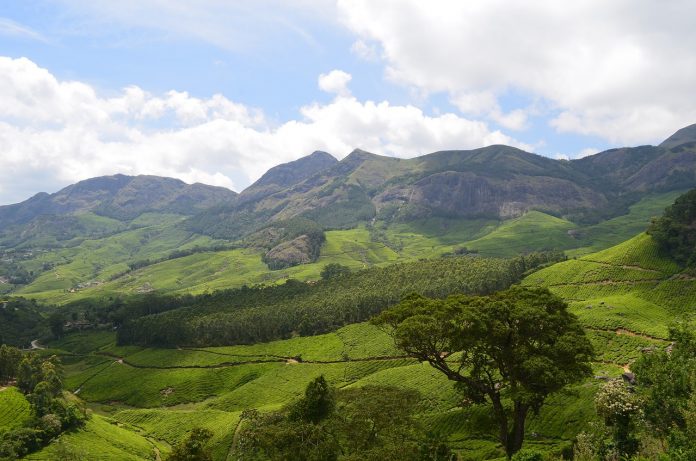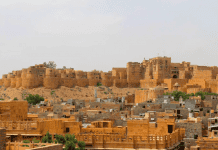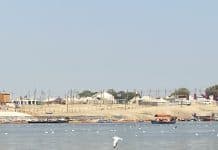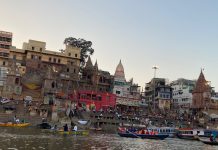The best way to start the day is with a mug of piping hot aromatic tea. Brew it, steep it – it does not really matter how you like it. There is nothing more rewarding than taking a refreshing sip and feeling it energize your body and mind! Did you know that India is the second-largest producer of this much-loved beverage? And, that we exclusively produce one of the most popular teas – Darjeeling tea? If you want to do more than simply drink tea, there is one way to really appreciate it: by visiting a tea plantation and getting involved in the process. Join us as we explore acres of plantations in Darjeeling and Kerala, two important tea-producing states in India.
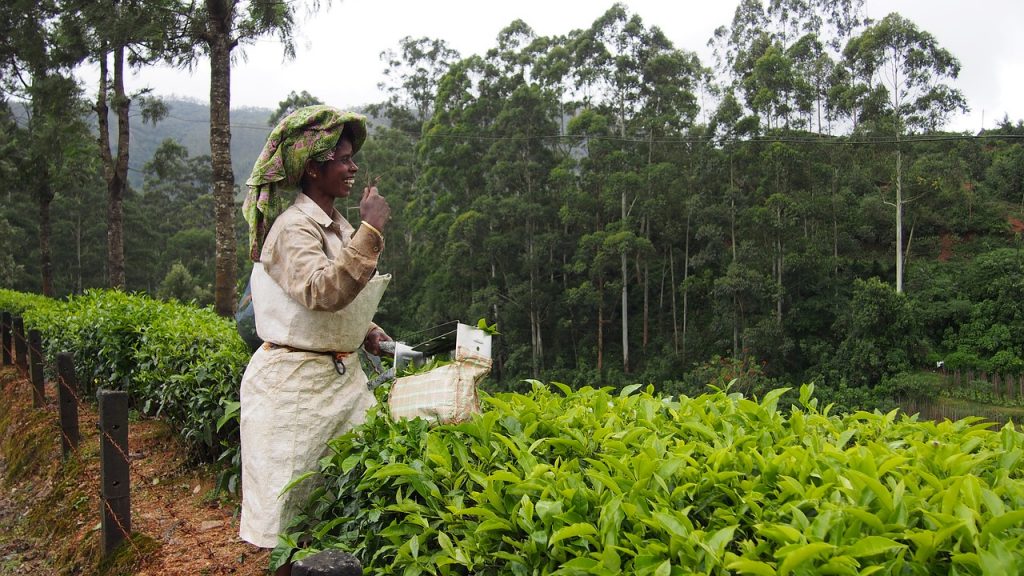
Kerala: South India’s tea paradise
The hill station of Munnar in Kerala is peppered with tea estates featuring expansive plantations that stretch as far as the eye can see. In fact, they are one of the biggest tourist draws with estates and museums encouraging visitors to explore the history and processing of tea. Since it is such a popular destination for plantation visits, you can expect to see quite a lot of tourists. Try to visit during the shoulder or off season where you can have the plantations to yourself.
The estates below offer unforgettable experiences:
Thalayar Tea Estate: Located a short distance away from Munnar town is Thalayar Tea Estate, a colonial-style plantation resort where you get a chance to pick tea leaves and process it in a mini factory. The complexities of tea processing are revealed as you are introduced to drying, rolling and sorting of the leaves according to size.
Lockhart Tea Factory: Lockhart Tea Factory is owned by South India’s largest tea producer, Harissons Malayalam Ltd. Unlike Thalayar Tea Estate, visitors are observers. But that does not mean you cannot take away a memorable experience. The various stages of tea processing are explained through guided tours. You can make your way to the small museum and see old photographs as well as the tools used in tea processing. Do not miss a chance to sample the tea produced here. There is a tea tasting section and a tea shop where you can pick up your favorite.
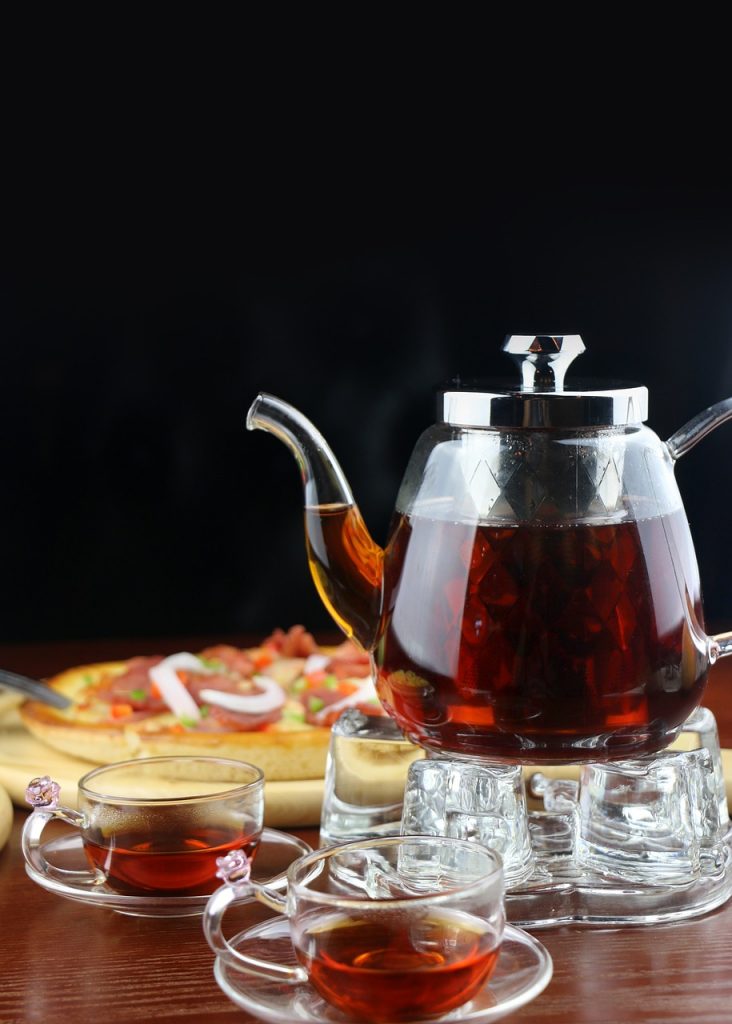
Darjeeling: sublimity in a teacup
One of the most beloved teas is grown in the beautiful hill station of Darjeeling nestled in the Lesser Himalayas. Famous the world over, black tea here is on another level with a soothing floral aroma that relaxes yet rejuvenates the senses. Other teas like oolong and green tea are also gaining popularity so, if these are your weakness, you can find various brands offering the same.
There are almost 100 tea estates in Darjeeling and we are taking a look at a couple.
Happy Valley Tea Estate: Darjeeling’s second-oldest tea estate is a must-visit if you love all things to do with tea. It is also one of the highest plantations in the world and offers a spectacular view of the city and the rolling hills. You can drive up to the estate but walking up is a much better experience as you get to see the surroundings up close.
Once you get there, a guided tour will give you an in-depth look at tea processing by taking you through the stages of plucking, withering, rolling, grading and packing. You want to visit during tea production season as it is the only way to witness the process. Although the tour is supposed to last for about 45 minutes, be prepared for it to extend to over an hour as the guide patiently answers questions!
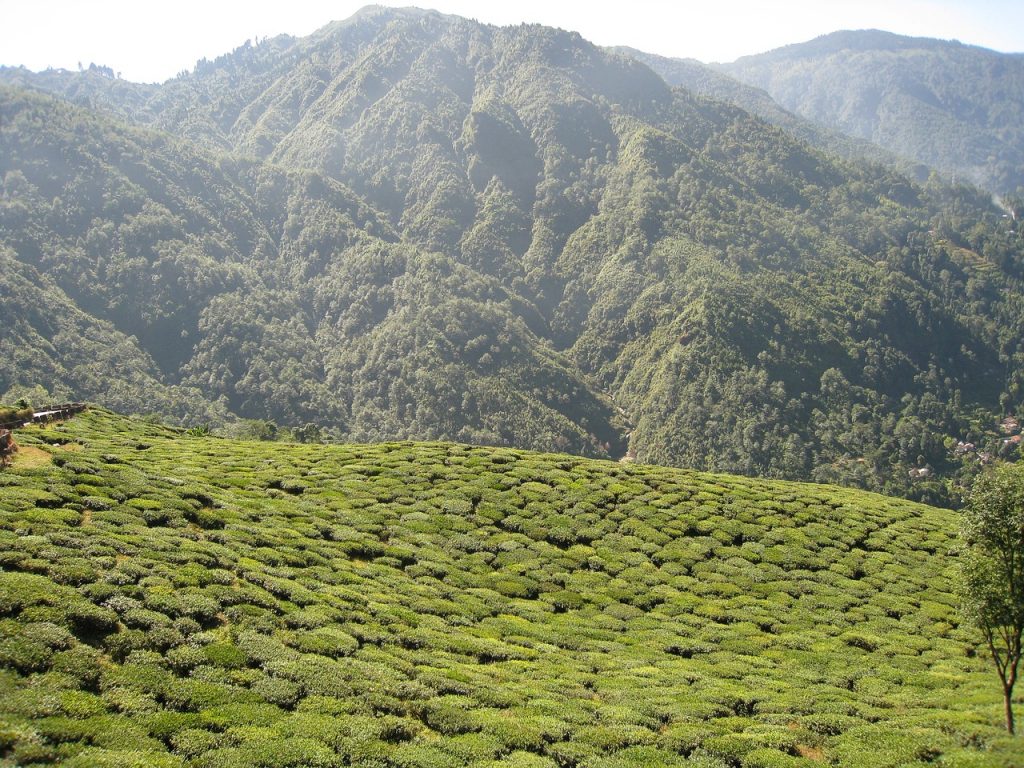
Glenburn Tea Estate: This is no ordinary plantation but a retreat where you can stay and bask in the tranquility of the tea gardens. If it is just a tea tour you are up for, you can choose between a part day and a full day tour lasting between an hour and a half and three hours. Several routes are available. If you love a good walk, you can opt for a moderately difficult route. Those who would rather not foot it can drive the entire way.
The tour gives you a look at the history of Glenburn Tea Estate and takes you through the process of tea production. It ends with a tasting session, which is something all visitors look forward to! You get to sample black, oolong, green and white teas and really appreciate the difference in flavor and aroma.
Tea is to India what wine is to Italy and France. Your day is just not complete without it! The next time you relish a good cup of chai, think of the interesting journey it took to make its way to your home. You will no longer see it as just tea but an embodiment of an experience you will want to relive time and again.
Picture courtesy: Pixabay


